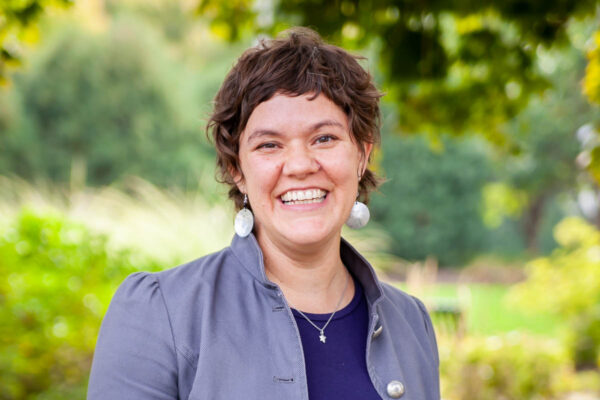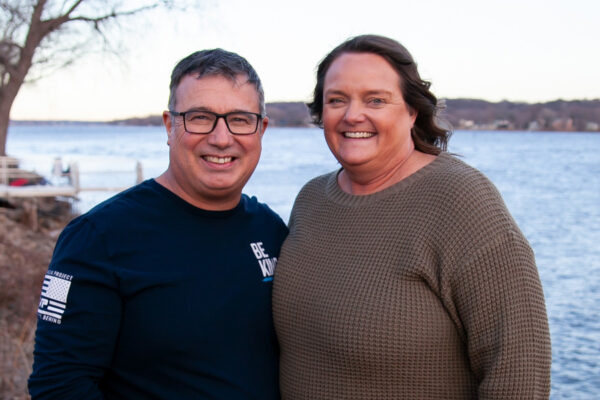Running with faithfulness

Like many people around the world, I’ve been watching the Olympics, astounded by the talent, skill, and hard work of these athletes. But as I’ve watched, I continue to be struck by the empty stands, the rows of seats that sit unused, the vacant bleachers. Much has been made of the absence of fans at this year’s Olympics, a hard yet necessary choice while holding a big event during a pandemic.
Many athletes have named how much is lost when they can’t get the encouragement from the fans or feed off the energy from the crowds. But others name that there is just a little less pressure as they compete in empty stadiums. “It’s definitely a bummer because we always enjoy having fans,” says Simone Manuel, a swimmer on Team USA in Tokyo. “But at the end of the day, once you dive in it’s about swimming fast and getting your hand on the wall first.”
Simone Manuel points to the truth that while the crowds bring much support, at the end of the day the athletes are there to compete and not to perform. They made it to the Olympics because they have spent years in the hidden, quiet discipline of practice and training. And now they show up to accomplish their very best in their sport.
These athletes who compete in those quiet stadiums model for us not just determination to compete, but something about faith. They remind us that faith is not something we do for applause or approval. Faith is something that grows out of daily, quiet practices. It comes from living in the regular rhythms of prayer and worship and service.
C.S. Lewis wrote that “integrity is doing the right thing, even when no one is watching.” We do the stuff of faith – not to receive acclamations or cheers from crowds, but simply because it’s right. It is how we live when we know we are deeply loved, and from this place of belovedness, work to love and heal this broken world. We can live with generosity, courage, and compassion – not as performance to prove something or please others – but simply because it is the right thing.
When Paul wrote, “I have fought the good fight, I have finished the race,” he wasn’t writing about winning a competition. He had no cheering crowds or medals of victory. Instead, he sat isolated and rejected in a prison cell. But Paul knew that he had spent his life with integrity, committed to the daily disciplines of love, trusting every moment to the grace of Jesus, and boldly sharing that joy. But Paul ran that race of faith not to gain applause, but simply because it was the right, the faithful, thing.
I want to follow in the footsteps of Paul, C.S. Lewis, and those amazing athletes in Tokyo – to run with faithfulness the race set before me, doing the right thing, even when the bleachers are empty.




Sheila Mesick
Good thought, encouraging, a gentle reminder that keeps us on the path, pointed in the direction of growth and grace. Thank you Sara.
David DeWit
Well, Somebody’s cheering.